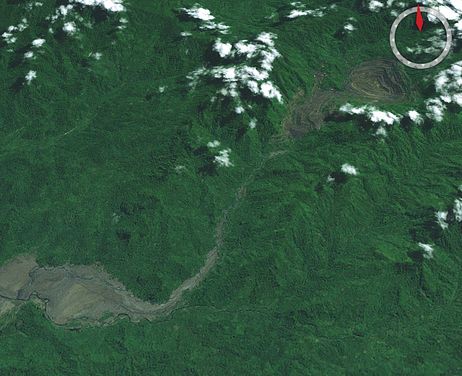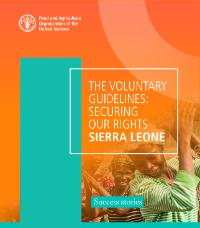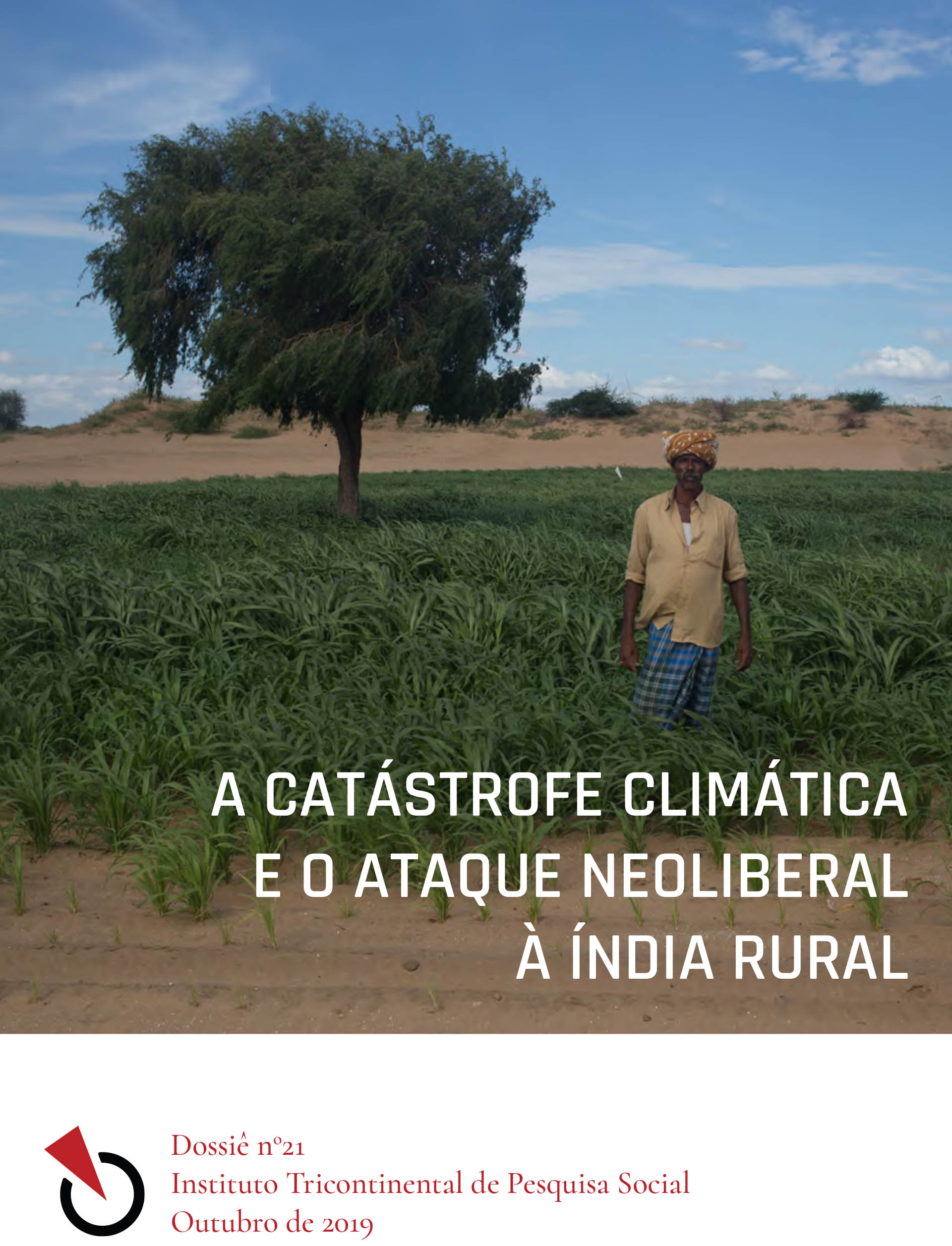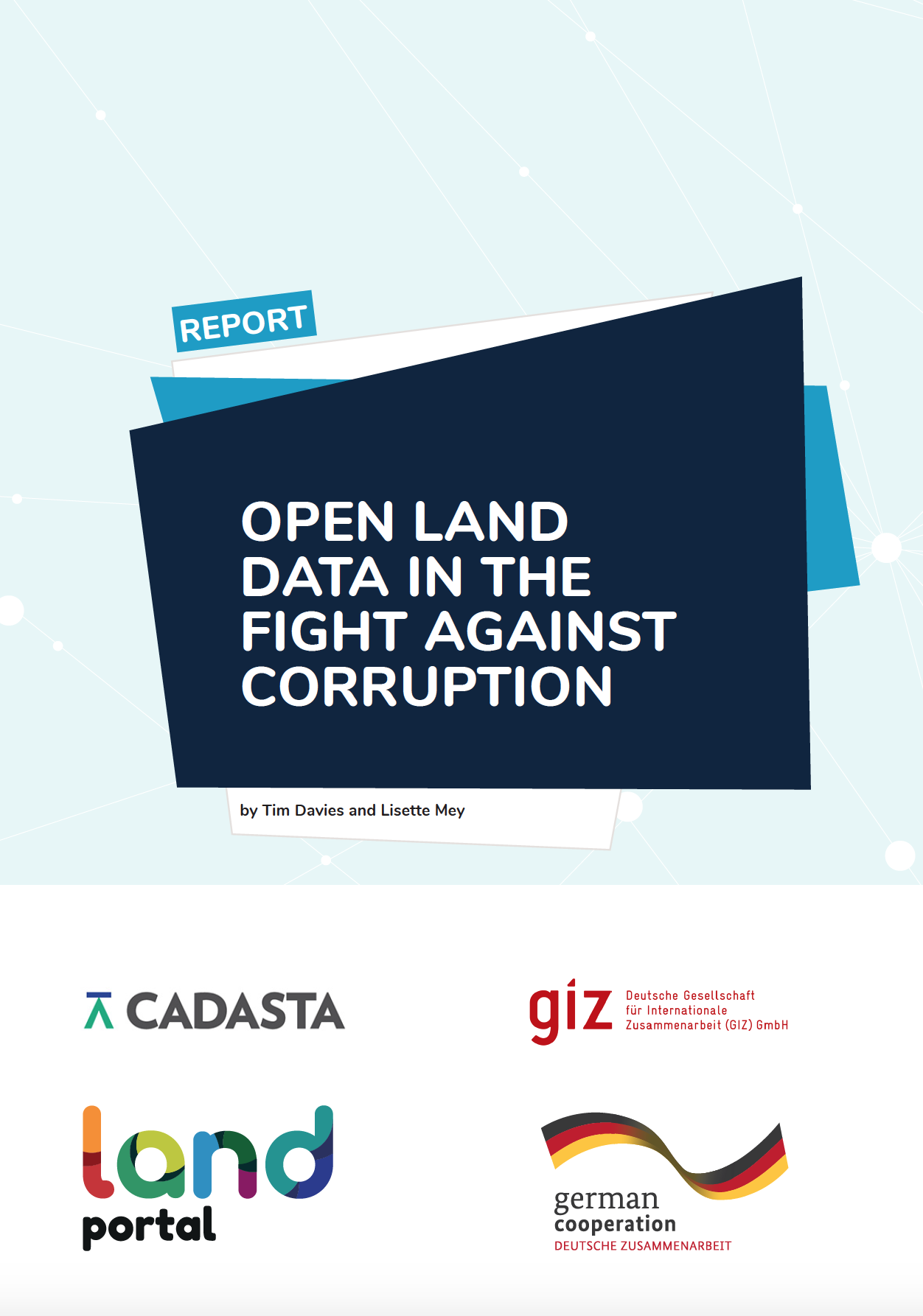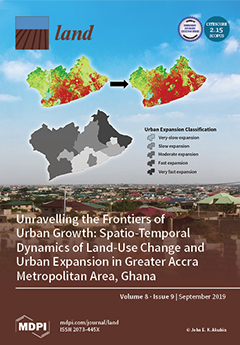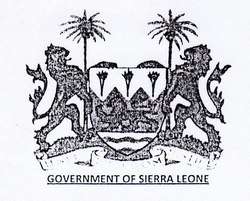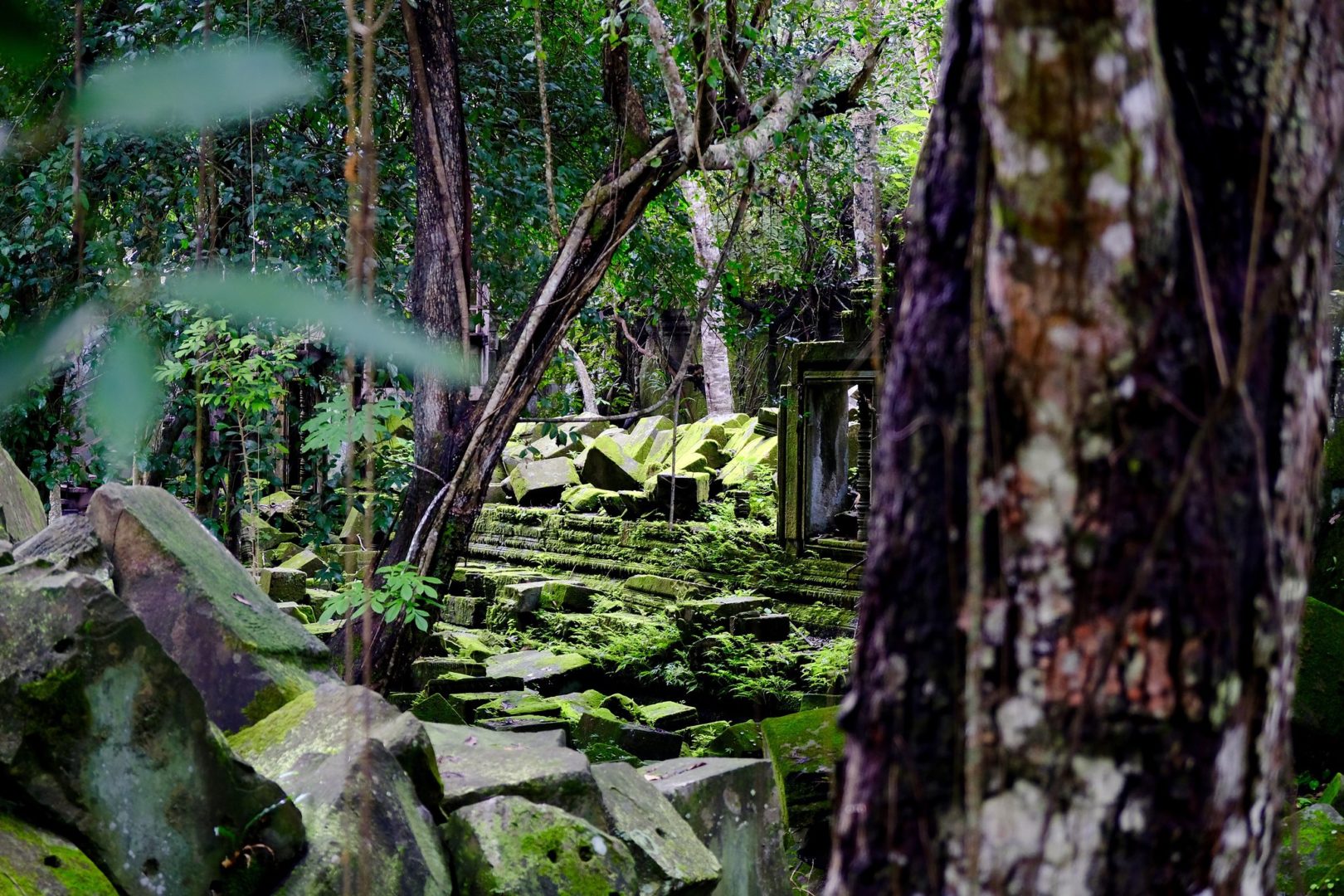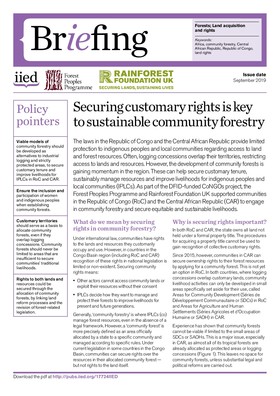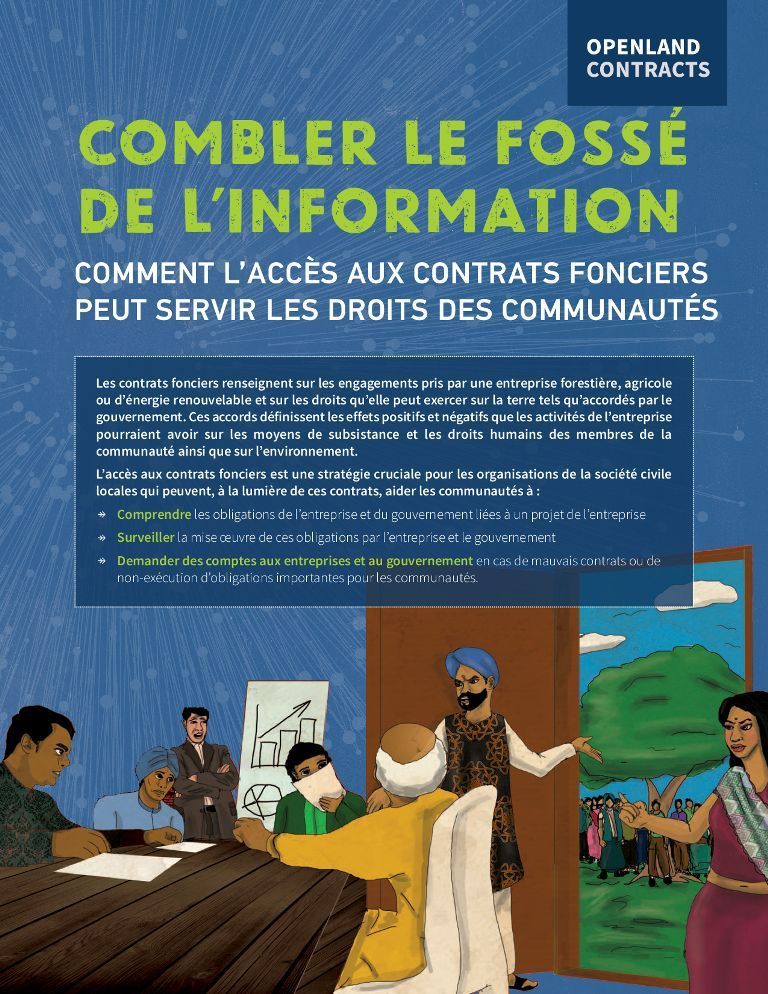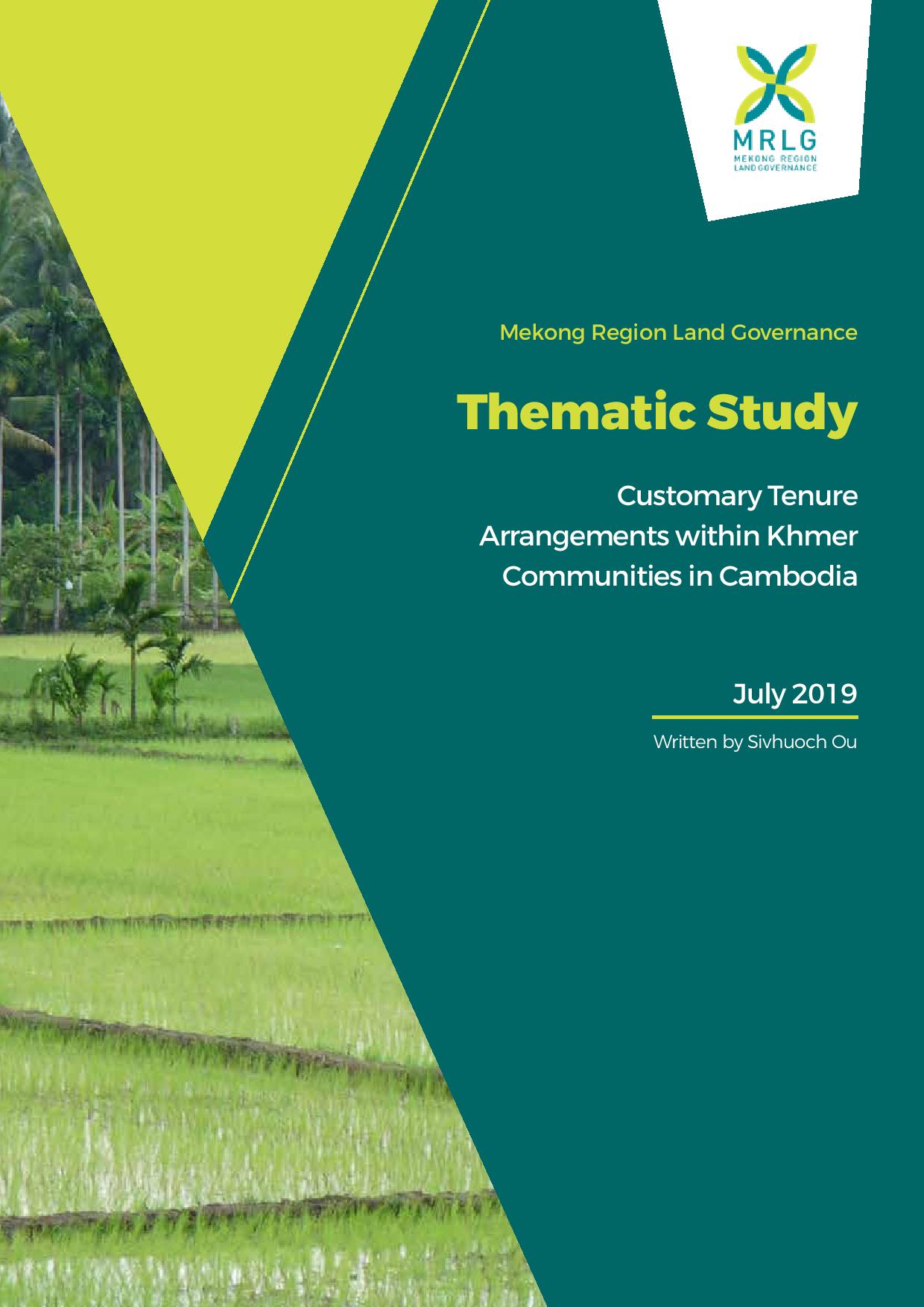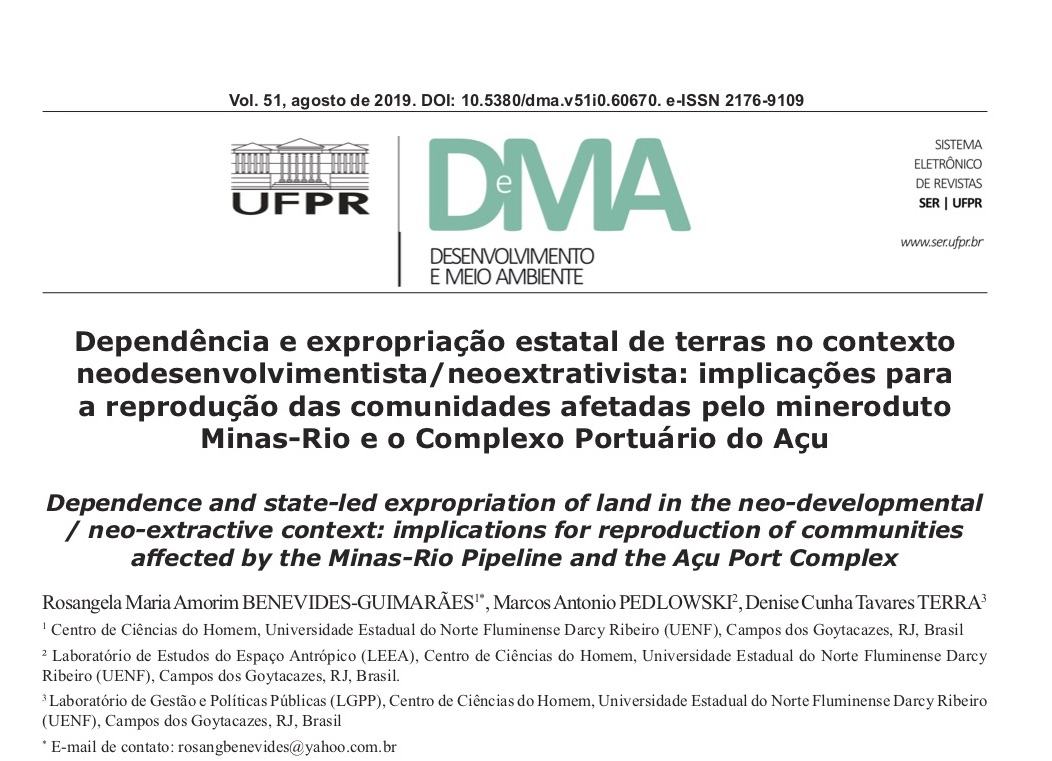Will Bougainville Reopen the Panguna Mine?
The Panguna mine on the Pacific island of Bougainville is one of the largest copper and gold deposits in the world.
The mine was also at the center of a decade-long civil war fought between the Bougainville Revolutionary Army and the Papua New Guinea Defense Force in the 1990s. The conflict cost as many as 15,000 lives and displaced 40,000 of the island’s 200,000 inhabitants.

